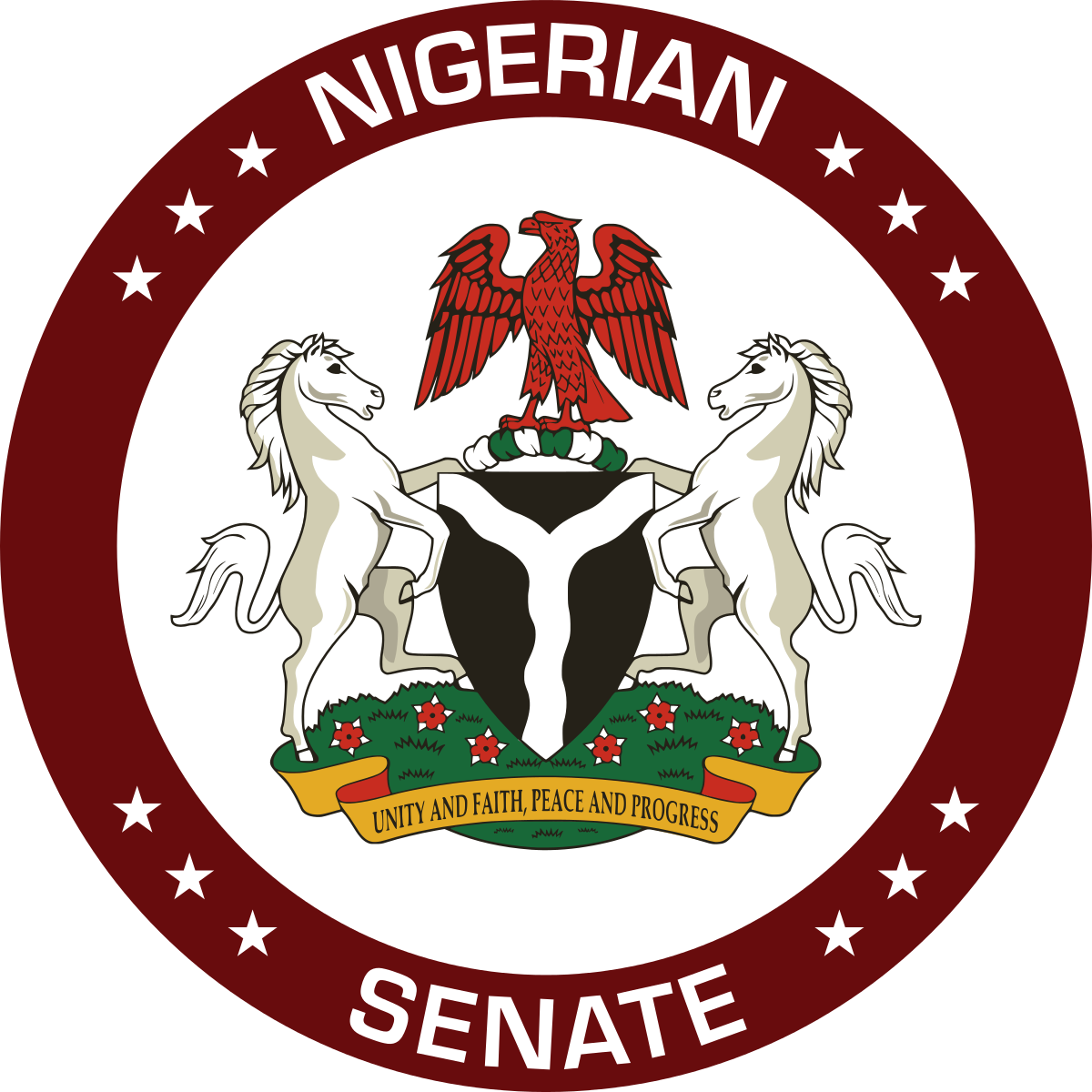Nigeria’s Satellites Cannot Track Chibok Girls,Insurgents –Muhammed, NASRDA boss
Director General, National Space Research Development Agency, Prof. Seidu Muhammed in this interview with EVEREST AMAEFULE, addresses talks about the activities of the agency and why its satellites can’t track Chibok girls
It is now 11 years since Nigeria launched an earth observation satellite – the NigeriaSat-1. How do you assess the odyssey to the space?
In the last 12 years, the space agency has given a good account of itself. From a humble beginning of only a national centre of remote sensing, with emphasis on capacity building; today, we have established other centres of excellence. One is a centre where we design and build satellites. Number two is a centre for geodesy and geodynamics which today prides itself as the most reliable centre supplying coastal information from the African continent. We have just finished the first four years of collaboration with the National Aeronautics and Space Administration and we have just renewed our collaboration for another four years which will be on till 2018.
We also have a centre for space technology education and because of our prominence at the committee on peaceful uses of outer space, it now doubles as a centre for space technology education for English speaking Africa domiciled at the Obafemi Awolowo University in Ile Ife. I am happy to say that both long term and short term courses run at the centre having over 300 Africans. A chunk of that number- about 200 are Nigerians in key strategic areas – satellite communication, remote sensing and geographic information system, and other areas which ordinarily would have cost several thousands of dollars.
In addition to that, we also have a centre for rocketry which we hope; based on our strategic roadmap for the 25-year development, will help this country in launching satellite. Emphasis at the moment has been on capacity building and preparing our people for the onerous task ahead of us. We are building capacity across the world; from notable centres in the United States, in the UK, in China and at home here.
We also have other centres. One of them is the centre for atmospheric research. Because of heavy investments in space, everybody across the world is concerned with the amount of dynamics in space and therefore the need to study the weather becomes inevitable. Because of this, most centres around the world are working together. In the last two years, because of this centre; our colleagues (space agencies around the world) have donated to us a number of instruments. One of the instruments donated by the Japanese space agency has a street value of $2.1m. The Boston College also donated to us a smaller version which cost about $600,000.
Besides these, we currently have on the campus of the University of Nigeria, Nsukka, a centre for basic space science and astronomy where we are building the second largest telescope in Africa. We are also helping other universities in the country in the training of professional astronomers.





